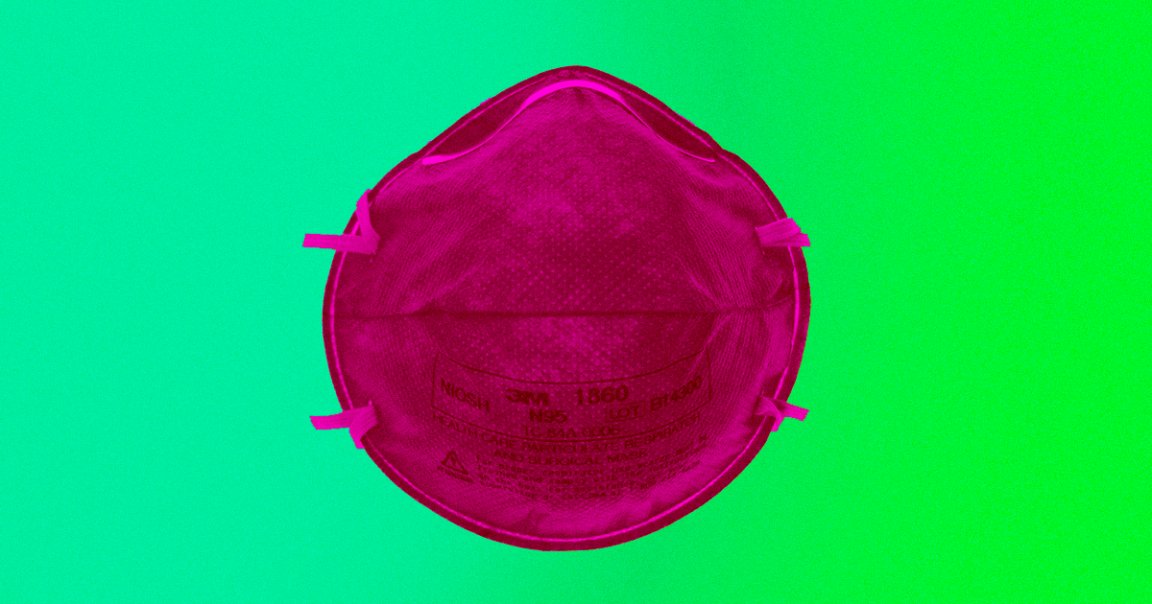
As more people take the FDA-approved coronavirus vaccines, one major question remains: Are those people protected from all COVID-19 infections, or are they merely protected from symptomatic cases and still capable of spreading the coronavirus to others?
Unfortunately, we still don’t have an answer. But MIT Technology Review reports that Pfizer and researchers at other institutions are rushing to figure it out.
The answer could have profound implications for the roadway through the rest of the pandemic. After you get the required doses of the vaccine and wait the required amount of time, will you be able to hit the town with your friends? Or will you have to wait even longer, in fear that you might still spread the deadly virus?
Those are questions that face any new vaccine, but given the urgency of the ongoing pandemic and the accelerated speed at which the COVID-19 vaccines were developed, it’s hard to tell whether these vaccines stop what’s called “onward transmission,” or further spread of the disease even among inoculated people.
“There are three things a vaccine can do: stop you from acquiring the disease altogether, stop onward transmission, and stop symptoms,” Columbia University public health expert Jeffrey Shaman told MIT Tech.
To see what its vaccine actually does, Pfizer is recruiting volunteers for a new study in the United States and Argentina. Volunteers, who already received either a vaccine or a placebo as part of Pfizer’s broader clinical trials, offer up their nostrils for regular nasal swab testing, and researchers will use their results to closely monitor the spread of the coronavirus among everyone involved.
The goal is to determine whether those who have the vaccine can still catch and transmit the coronavirus, in which case other measures like lockdown and distancing would likely need to continue for longer.
“We don’t know, but it’s an important question because the answer will influence mask wearing; it will influence behavior; it relates to comfort going to restaurants and movies and the overall benefit we can expect with vaccines,” Lawrence Corey, operations leader at the COVID-19 Prevention Network, a group that runs clinical research on COVID-19 therapeutics, told MIT Tech Review.
Editor’s note 2/3/21: This story has been updated to correctly reflect the logistics of Pfizer’s experiment.